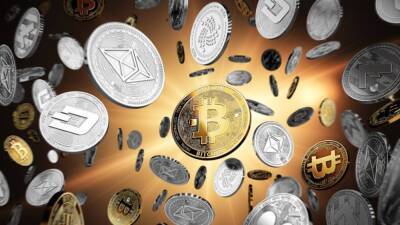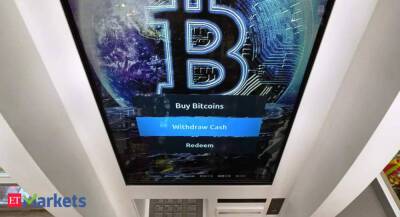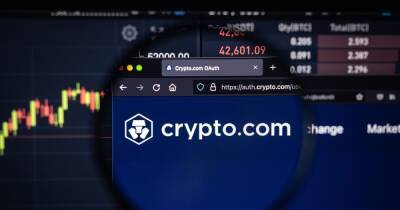Experience-to-earn is the gateway for NFT mainstream adoption
An experience-to-earn (E2E) nonfungible token (NFT) ecosystem rewards people on-chain for doing everyday activities, bringing new forms of value creation to everyone. This was previously reserved for invested gamers in play-to-earn (P2E) worlds.
While P2E has experienced a record-breaking year ($4.5 billion in-game NFT sales, according to the recent DappRadar report), most blockchain games still rely on some level of skill such as battling, breeding or collecting strategy that attracts gamers with the downtime, temerity and sometimes some starting funds to invest — prerequisites that can put off any non-gamer from entering NFTs to earn.
In contrast, experience-to-earn aims to reward more achievable investment people put in themselves, others and the good into the world, expanding the potential for anyone to jump in and get rewarded on-chain.
By definition, The Experience Economy, or the concept and title of the bestselling book by James H. Gilmore and B. Joseph Pine — is one where “experience creates economic value.” The E2E model is developing extends this beyond economic value to create value in social, self-care and self-development experiences.
Imagine an ecosystem that rewards you for daily behaviors that bring value to your life, others or the world. Everyday activities like exploring a national park or a new country, going for a surf, playing tennis with a mate, seeing a band or your favorite team play, taking care of your physical and mental health or supporting your preferred charity.
Related: The Metaverse, play-to-earn and the new economic model of gaming
Currently, you may already be doing these activities and even tracking some of them on your watches, phones, apps and calendars — even for tax returns. In one
Read more on cointelegraph.com















